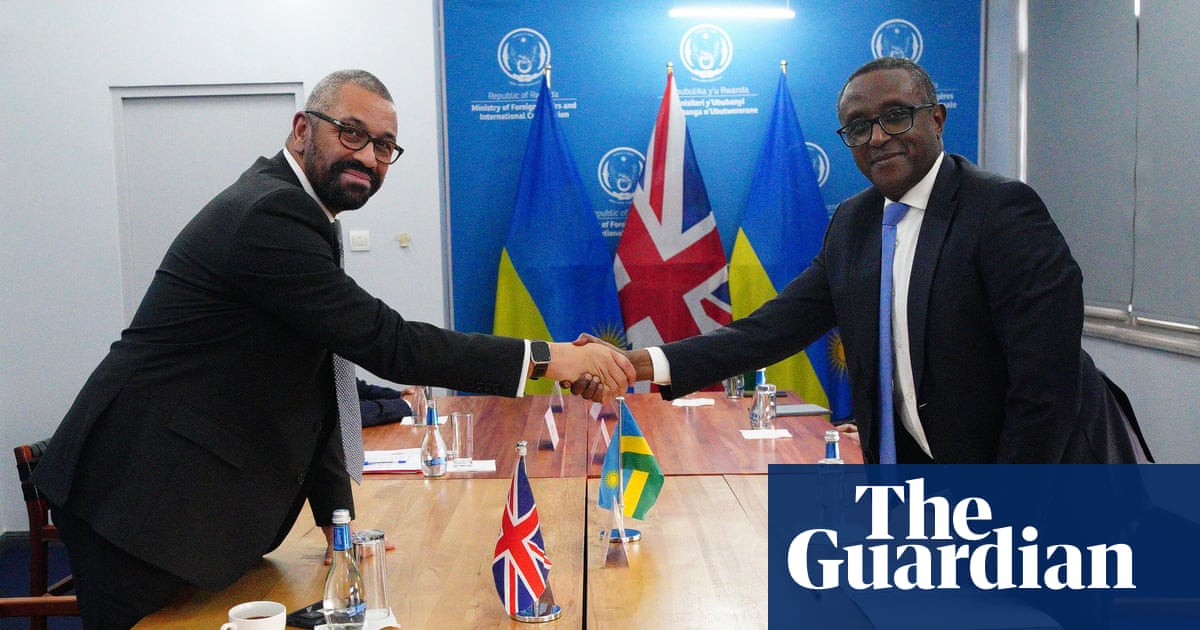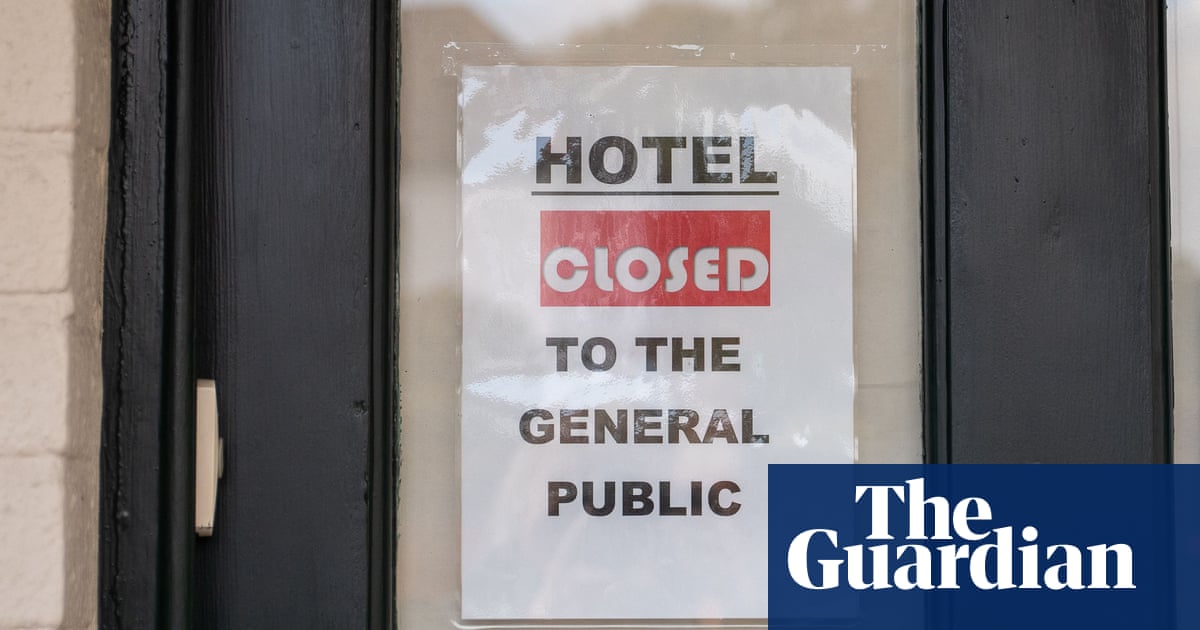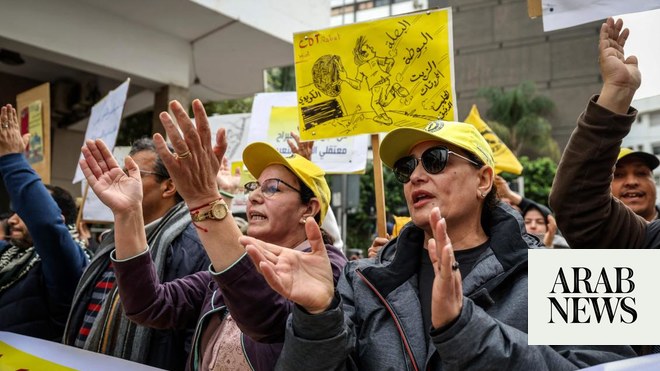
Taxpayers face a legal bill for at least £8m as a result of the official receiver’s disastrous attempt to ban the Kids Company founder Camila Batmanghelidjh and seven fellow charity trustees from holding senior jobs, it has emerged.
The bill follows a three-and-a-half-year legal case, in which a court threw out claims by the official receiver that Batmanghelidjh and former trustees of the charity failed properly to oversee Kids Company, causing it to collapse in July 2015.
The size of the bill – coupled with the judge’s exoneration of Batmanghelidjh and scathing comments about the official receiver’s handling of the case – have led to questions on whether the case should have gone ahead.
Rupert Butler of Leverets, the barrister who represented Batmanghelidjh, said that while it was right for the official receiver to investigate the charity, it had failed to change tack when it became clear that there was no serious case to answer. “The impression was left that he had to justify the expense of the investigation by pursuing the directors.”
Butler accused the official receiver of buying into a “lazy, baseless, caricature – a cartoon-image of Camila and this charity as a feckless joyride for the undeserving poor – that he should have realised … was categorically untrue”. He called for the National Audit Office to investigate the government’s handling of the case.
The government, in conjunction with the Insolvency Service, determined that it was in the public interest to seek director disqualification orders against Kids Company trustees and Batmanghelidijh in 2017. The secretary of state for business, energy and industrial strategy at the time was Greg Clark.
The official receiver hoped that the trial would result in lengthy bans for the charity board. Instead, the judge praised Batmanghelidjh and the trustees as “a group of highly impressive and dedicated individuals”, adding: “The public needs no protection from these trustees.”
In her judgment in February, Mrs Justice Falk was also scathing of the official receiver’s handling of the case, criticising the lack of balance and objectivity in its presentation, and condemning the costly and “oppressive” deployment of thousands pages of evidence, much of which was irrelevant and never used in the trial.
The case, which culminated in a 10-week trial in December, involved four teams of barristers and counsel, including two QCs, deployed in support of Batmanghelidjh and the trustees. Documents seen by the Guardian show that interim legal costs awarded to the defendants by the judge amount to £6.4m, but could go even higher.
The official receiver has also had to meet the £738,000 cost of a bespoke electronic platform to share documents at the trial. It has declined to say what its overall costs are relating to the bringing of the action and preparing the case over a three-year period, though legal costs for the trial alone are estimated to be £400,000.
The Insolvency Service said it was not in a position to reveal the official receiver’s costs in the proceedings “due to commercial sensitivities”.
More than 18,000 pages of evidence were submitted by the official receiver, including 5,400 pages supposedly documenting payments to just 39 individual Kids Company clients. The defendants’ legal teams say they were frequently given little time to read the mountains of documents.
Despite submitting a 100-page report on alleged inappropriate payments by the charity to a handful of Kids Company child beneficiaries with high needs, the official receiver dropped these allegations during the trial, instead resting its case on a single charge of failing to operate the charity on a proper and sustainable basis.
“They thought they were going to uncover something really juicy and salacious – effectively theft of charity money. They didn’t find anything, because there wasn’t anything,” said Butler of the official receiver’s initial approach.
It has emerged that the official receiver rejected a deal proposed by the defendants several months before the start of the trial whereby the charges would be dropped in return for the trustees and Batmanghelidjh shouldering their share of the costs.
The official receiver asked the court to disqualify Batmanghelidjh as a company director for six years. It sought four-year director bans for its former chair, the TV executive Alan Yentob; the former WH Smith chairman Richard Handover; Jane Tyler, Andrew Webster and Francesca Robinson. A three-year ban was sought for Vincent O’Brien, and a two-and-a-half-year ban for Erica Bolton.
The Kids Company trustees now await the outcome of a Charity Commission inquiry report into the administration, governance and financial management of Kids Company. The inquiry was put on hold when the official receiver took action.
An Insolvency Service spokesperson said: “Whenever our evidential and public interest tests are met, we will always endeavour to bring disqualification matters before a court. In this case, the court decided it would not make directors’ disqualification orders. We have considered the contents of the judgment and will not be seeking leave to appeal.”
Kids Company declared itself insolvent in August 2015 following what the judge called “unfounded” reports by BBC Newsnight of sexual assault at the charity. A police inquiry subsequently found no evidence of criminality or failures of safeguarding.
Falk concluded that had the unfounded sexual assault allegations not made it impossible for Kids Company to continue to raise funds from philanthropists, it is likely that the charity would have succeeded in its restructuring plans and survived.












